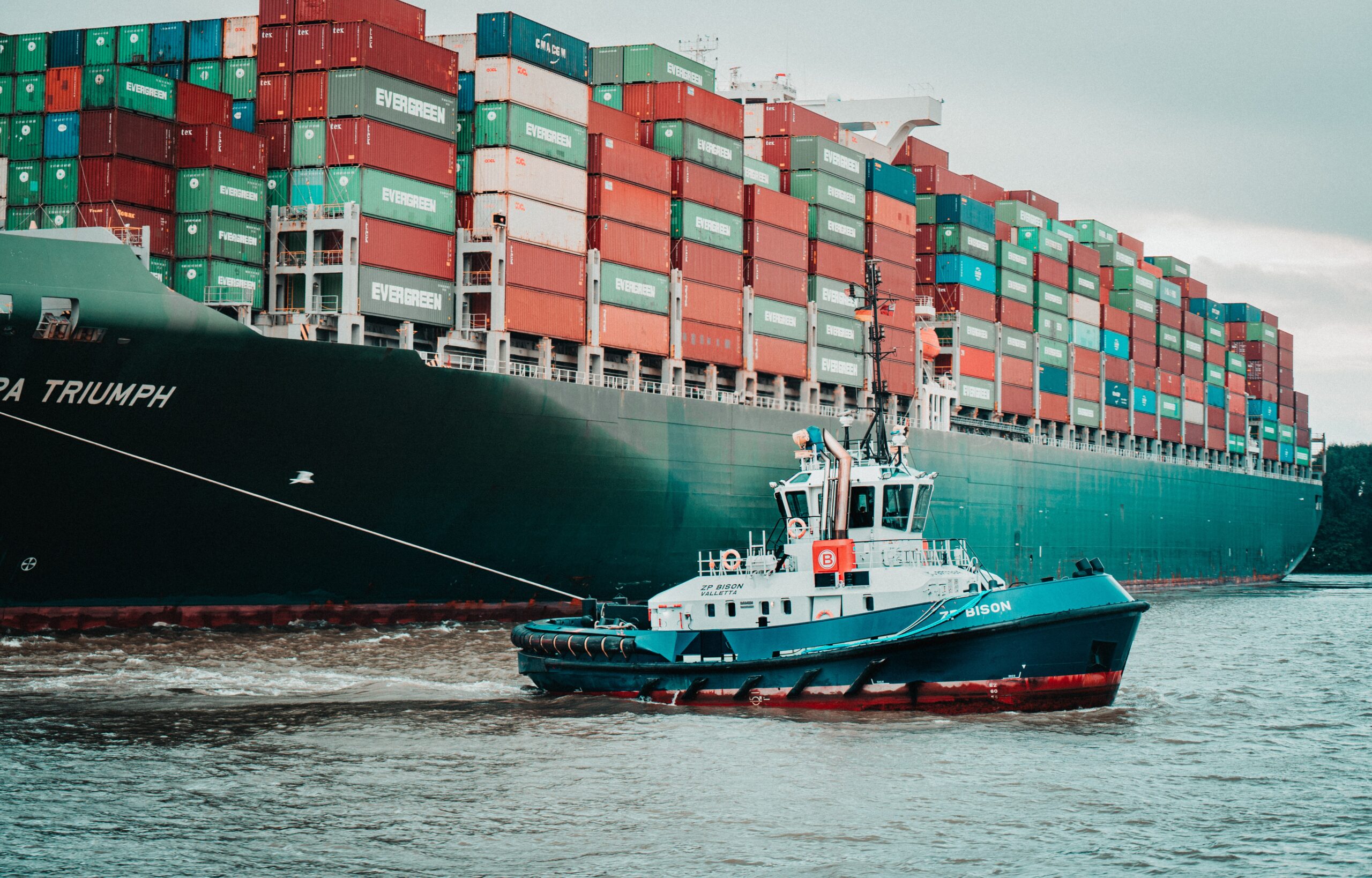Yes, we’re talking about ethical sourcing…
Below (fig.1), is the number of searches for the term ‘ethical sourcing’ per month. As can be seen, this figure has fairly fluctuated since late 2017, peaking in November 2020 with 1,250 searches.

Public sector bodies today face tough challenges when it comes to making purchasing decisions; the days of buying on price alone are long gone. Procurement has changed – buyers must now take into consideration the wider impacts of their procurement activity before awarding contracts.
The sheer number of different stakeholders involved in procurement exercises heightens the chance of unethical practices occurring at some stage within the supply chain. ‘Unethical practices’ is very much a blanket term, however, ranging in meaning from modern-day slavery or corruption to disregard for climate change concerns.
Through ethical sourcing, buyers can successfully avoid any pitfalls – secure in the knowledge they are acting responsibly with regard to social issues, the environment and sustainability.
The question is, what does ethical sourcing actually involve?
Ethical sourcing explained
In effect, ethical sourcing is simply taking a responsible approach to management of the supply chain.
In the public sector, buyers have a responsibility to ensure that the products and services they procure are sourced in an accountable and sustainable fashion. This includes ensuring that those employed in the production and provision of these solutions work in a safe environment.
The difficulty is, while one business might be operating perfectly responsible practices itself, another business within its supply chain might not. This is by no means just an international problem either; according to the Government, approximately 13,000 people are working in ‘slavery-like’ conditions here in the UK.
So, why is ethical sourcing so important?
Those responsible for procurement have a duty to look out for unacceptable practices that may exist within the supply chain, whether that be child labour, corruption, fraud, human trafficking, modern slavery or something else.
Integrity is crucial when it comes to ethical sourcing – it’s about taking the time to understand the fundamentals of what it means to be ethical and working to ensure that this definition is met.
According to the Chartered Institute of Procurement and Supply, a buyer’s supply chain should have an ethical sourcing policy in place as this could be a deciding factor for buyers when deciding on contract award:
“Not only has ethical sourcing become a mantra for mitigation of operational risk and protection of brand reputation, but it also represents a means to gaining competitive advantage. If you are deploying best practice, your competitors’ failure to source ethically can result in your competitive gain.”
Similarly, CIPS gives examples of what questions a buyer should be asking when engaging with the supply chain:
“Traditionally, economic and qualitative factors are foremost to be considered when entering into contracts. Issues that are outside of the commercial arena are, however, now becoming increasingly important: non-economic factors, for example, where does the wood come from that we make our paper out of; how environmentally friendly are our contractors and suppliers; and are we benefiting our local economy in the wider sense when we procure?”
What can your organisation do?
While it is important that you should report suppliers who are involved in unethical practices, buyers should, if possible, work with suppliers to improve the supply chain, detailing where problems exist, and how they might be resolved.
Vetting is of significant importance when it comes to the procurement of new products or services. Following CIPS’ advice, if organisations are taking ethical sourcing seriously, then they should be carrying out the likes of unannounced audits of potential suppliers, whether that be physical or virtual.
Another recommendation from CIPS is:
“Employing social media to communicate directly with staff employed by your tier one and sub-tier suppliers. For example, Adidas is encouraging workers at certain Asian suppliers to anonymously share possible grievances directly with Adidas via text.”
Ethical sourcing enhanced by technology
In order to ensure that your organisation is successfully auditing supply chain practices while also retaining good client relations, implementing supplier management software is a failsafe solution. This innovative software will bring discipline to your organisation’s processes and help your employees strategically plan and manage interactions with suppliers.
Due to the fact that buyers may be dealing with hundreds or even thousands of suppliers, managing and ensuring ethical policies are being maintained across the board is by no means an easy feat – however, supplier management technology, such as that offered by Delta eSourcing, offers a centralised hub where supplier details can be stored and easily accessed.
We fully expect that the future will see considerably more emphasis placed on ethical sourcing; investment in solutions that can ensure ethical sourcing throughout the supply chain is a vital consideration now for all public sector bodies.

About the author
Jonny Gilpin is a Glasgow-based copywriter with a background in business, current affairs, and news.





